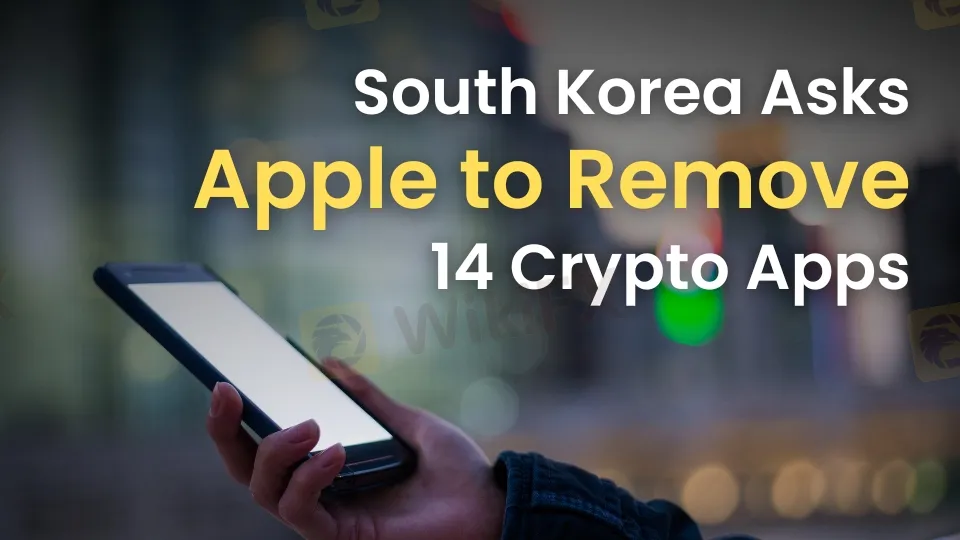Abstract:South Korea's FSC pushes to block unregistered crypto platforms like KuCoin and MEXC from app stores to prevent financial crimes and protect users.

South Korea‘s Financial Services Commission (FSC) is stepping up its campaign to shut down unregistered cryptocurrency platforms, with a sharp focus on mobile app stores. The regulator has formally asked Apple to pull 14 cryptocurrency exchange apps, including well-known names like KuCoin and MEXC, from its App Store. This action aligns with South Korea’s strict rules requiring virtual asset service providers (VASPs) to register legally before operating.
The FSCs efforts are supported by its anti-money laundering division, the Financial Information Analysis Institution (FIU). The FIU is working to block both the mobile apps and websites of unregistered companies to reduce financial risks and shield South Korean users from potential fraud. This follows a parallel request to Google, which acted on March 26 by removing 17 apps linked to non-compliant exchanges, including KuCoin and MEXC, from its Play Store.
So far, the FSC has flagged 22 platforms that fail to meet regulatory standards, with most already removed from Googles marketplace. Once Apple follows through, South Korean users will lose the ability to download these apps, and current users will be cut off from updates, limiting app functionality. The FSC has made it clear that operating an unregistered crypto business is illegal, carrying penalties of up to five years in prison or fines as high as 50 million won (about $35,200).

Sanctions Loom for Unregistered VASPs
The FSC and FIU are not stopping at app removals. Theyre weighing tougher punishments, including legal action against firms offering crypto trading, custody, or brokerage services without FIU registration, as required by South Korean law. Failure to comply could lead to significant consequences for these companies.
As of March 31, around 16 million South Koreans—nearly a third of the nation—were active on crypto exchanges, a figure expected to climb past 20 million by year-end. This surge in popularity has drawn sharper attention from regulators, particularly after recent controversies.
On March 20, authorities searched the offices of Bithumb, a major local exchange, over claims that its former CEO, Kim Dae-sik, misused company funds to buy property. Bithumb rejected the allegations, noting that Kim settled the issue by repaying the funds with a loan.
Crypto use is also rising among South Korea‘s public servants. Disclosures show that over 20% of government workers hold digital assets like Bitcoin and Ether, worth close to $10 million combined. This widespread adoption underscores crypto’s growing role in South Korea, even as regulators tighten control to ensure compliance and safety.











